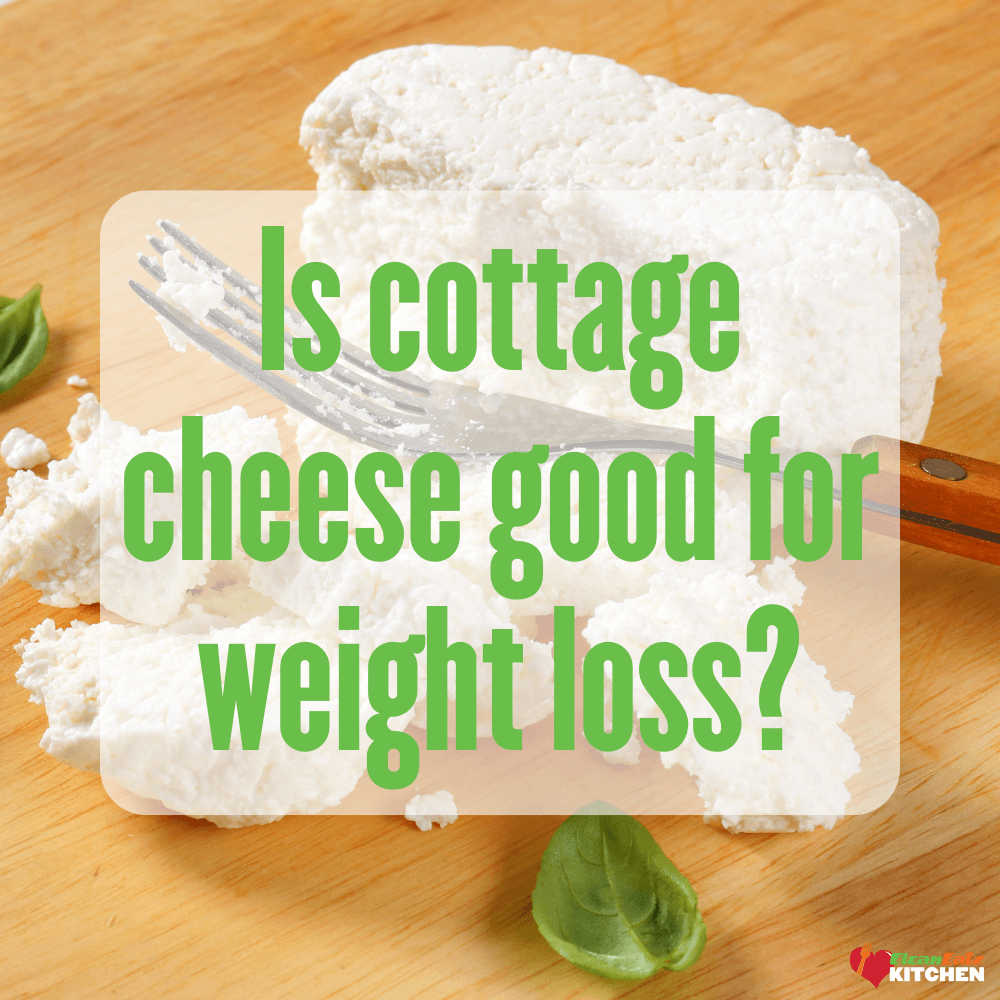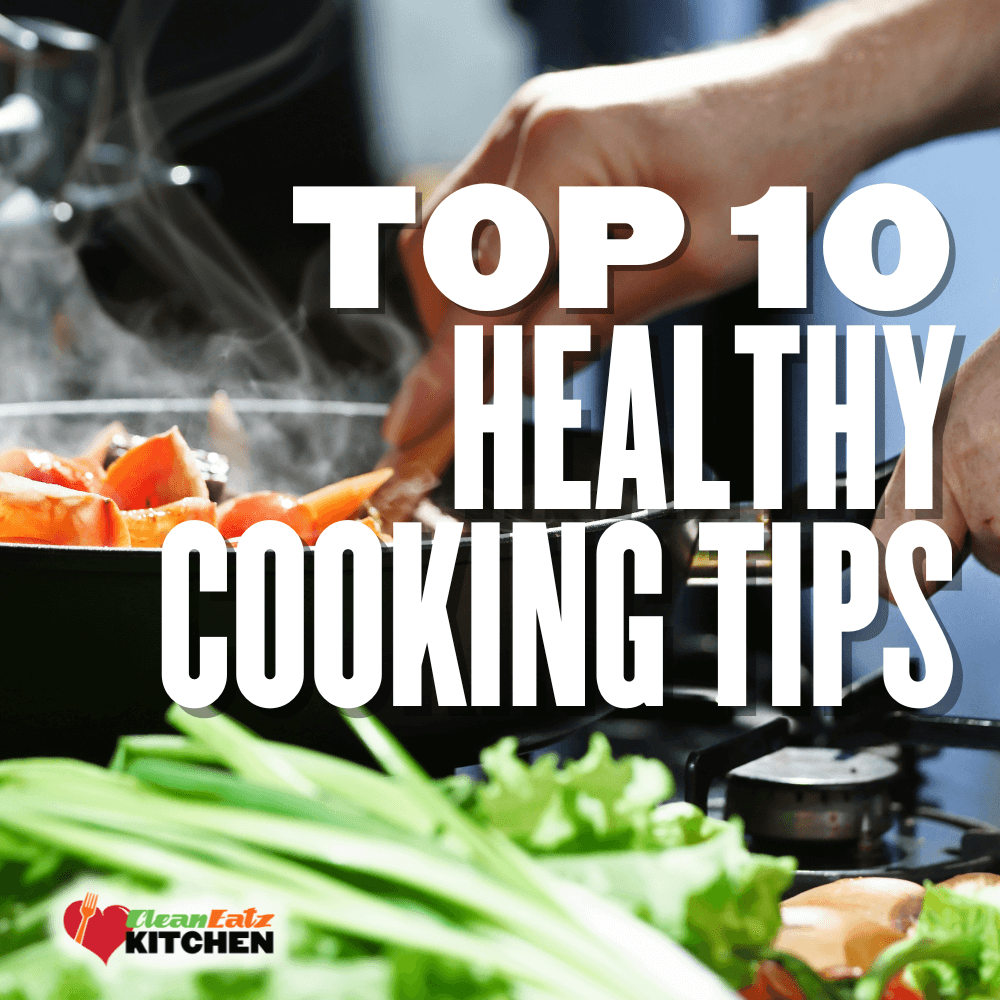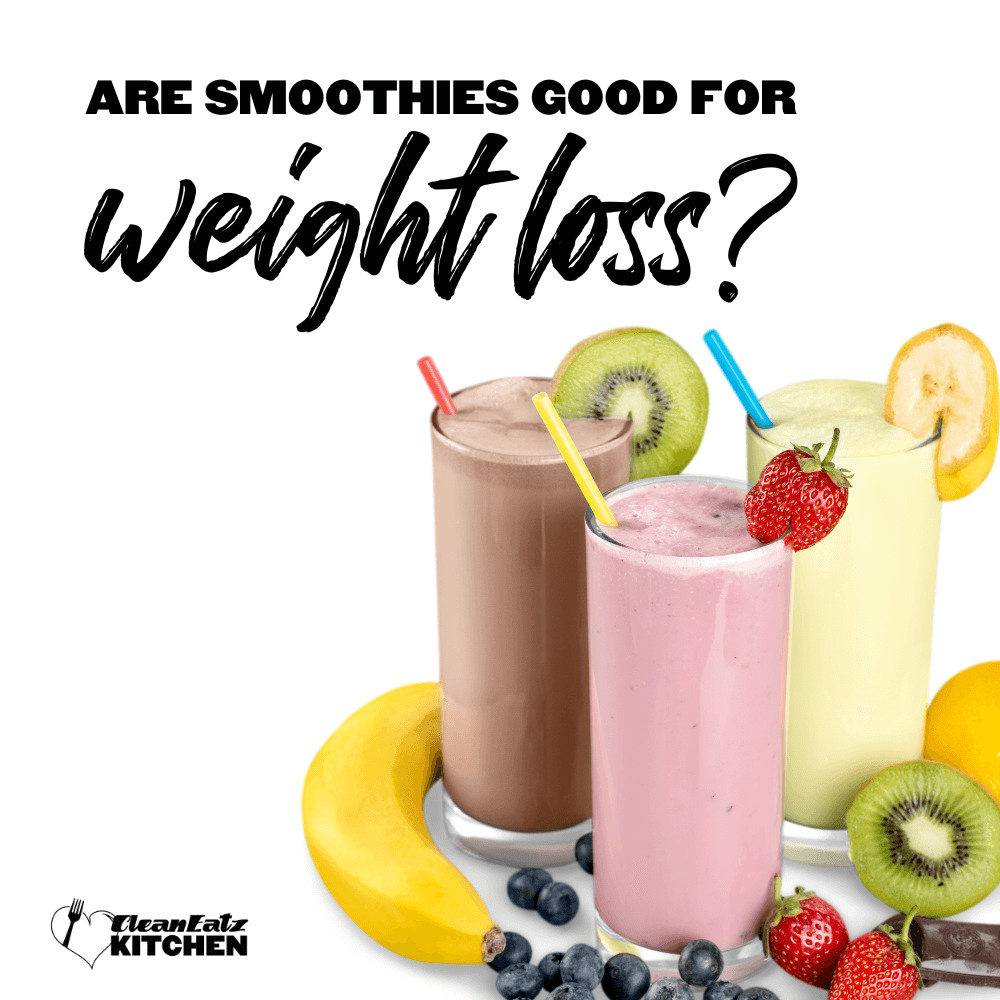
Is Cottage Cheese Good for Weight Loss?
Jason Nista
Healthy Recipes
|
Weight Loss
9 minute read
Cottage cheese is an excellent source of protein and calcium. It also contains vitamin D and B12. But is cottage cheese good for weight loss? Cottage cheese is high in protein and low in fat, making it a great food choice for those looking to lose weight. It also provides a lot of other nutrients that will keep you feeling full and satisfied throughout the day. Cottage cheese may be precisely what you need if you want a highly nutritious and delicious food to add to your diet.
Keep on reading to tackle the following points:
- Cottage cheese benefits
- Cottage cheese for weight loss
- The process of making cottage cheese
- Cottage cheese recipes
Cottage Cheese Benefits
Whether enjoyed on its own, mixed with fruits, or used as a healthy substitute in recipes, cottage cheese is a versatile and nutritious addition to any diet. Cottage cheese, with its creamy texture and mild flavor, offers a range of benefits that make it a popular choice among health-conscious individuals.
Cottage Cheese is Low in Fat
Cottage cheese is one of the best foods to eat for weight loss if you're trying to shed some pounds. Depending on the variety you purchase, cottage cheese has a varying fat content. Low-fat cottage cheese has just under 3g of fat, with about 1g of saturated fat and trace levels of polyunsaturated and monounsaturated fat.
Cottage Cheese is High in Protein
There's a good reason why cottage cheese is popular in the fitness world. There are 28 grams of high-quality protein in just 1 cup of low-fat cottage cheese, which has 163 calories.
Casein protein, found in cottage cheese, is not just any kind of protein. Casein proteins are absorbed more slowly than other proteins. This helps promote constant, progressive amino acid uptake and reduces muscle breakdown. So if you're looking to make gains at the gym, whey and casein, the components of cottage cheese, will help. It makes sense why bodybuilders enjoy it!
Cottage Cheese is Rich in Calcium
According to the National Institutes of Health, adults between the ages of 19 and 50 should strive for 1,000 mg of calcium daily. One cup of cottage cheese will help get you there! It is also a fantastic source of protein and phosphorus, which are crucial for strong bones and teeth.
Cottage Cheese is a Good Source of Vitamin D
Cottage cheese is full of nutrients that help keep your body healthy. One of these nutrients is vitamin D, which helps your bones absorb calcium. This nutrient is found naturally in milk products like yogurt and cottage cheese.
Cottage Cheese Contains Selenium
Cottage cheese is high in selenium as well as calcium and protein, two vital elements. A cup of these curds provides 36% of the daily required amount of selenium. Although you only require a tiny bit of it daily, this mineral is essential for a healthy thyroid.
Studies show that selenium supplements may be helpful for those with thyroid disorders. This emphasizes how crucial it is to eat foods high in selenium if you want your thyroid to function properly.
Cottage Cheese is High in B12
Animal-based foods are the only real natural sources of vitamin B-12. Even though milk contains less vitamin B-12 than fish, meat, or chicken, one cup of cottage cheese still provides 38% of the daily required amount. Homocysteine is an amino acid that is eliminated from the bloodstream by vitamin B-12. Although homocysteine is a naturally occurring consequence of various bodily functions, it only serves a useful purpose when vitamin B-12 transforms it into healthy compounds. Homocysteine raises the risk of cardiovascular disease if it is allowed to stay in circulation. For several enzymes to function and produce energy and red blood cells, vitamin B-12 is necessary.
How is Cottage Cheese Made?
The process of making cottage cheese is easy. You can even make it at home!
To start, you first have to curdle milk. This is accomplished by mixing warm milk with an acidic material, such as lime juice or vinegar. Casein protein curds form when the milk's acidity rises and separates from the milk's liquid whey.
The curd is divided into pieces after it has formed. It is then heated to release more moisture. The acid can then be rinsed, and the moisture is drained out. The outcome is a curd that is sweeter and crumblier. Last but not least, different flavors can be added to the dish, such as salt, herbs, and spices.
How to Serve Cottage Cheese
There are so many fantastic ways that you can enjoy cottage cheese. Cottage cheese pancakes are a great high-protein breakfast option that contains additional fiber, vitamins, and minerals when cooked with oats and mashed bananas. Sliced scallions, avocados, tomatoes, apples, raisins, and a dash of cinnamon go nicely with cottage cheese. You can create a healthy pasta sauce by combining cottage cheese, low-fat milk or yogurt, and Parmesan cheese. Rice, a choice of other vegetables, such as carrots, peas, onions, or beans, and a mixture of cottage cheese, yogurt, and grated cheddar cheese can all be combined to make a healthy casserole.
When it comes to cottage cheese, your options are endless!
Cottage cheese recipes for weight loss
If you are wondering if cottage cheese is good for weight loss and want to take advantage of all the benefits it has to offer, check out these nutritious and delicious recipes:
Strawberry Cheesecake Oats
Ingredients
1 1/3 cups cottage cheese
1/2 cup of rolled oats without gluten
1/3 cup almond milk without sugar
1 cup of strawberries, chopped
Instructions
In a mixing dish, combine each item.
Evenly distribute the ingredients between two mason jars or other meal preparation containers.
This dish can be prepared the day before or overnight. But the better it is, the longer it soaks!
Cottage Cheese Muffins
Ingredients
12 eggs
1 cup cottage cheese with little fat
1/4 cup green peppers chopped
1/4 cup finely chopped onion
1/4 cup chopped broccoli
One tomato, diced
1/2 cup shredded cheddar cheese with less fat
Pepper and salt
Instructions
Set the oven's temperature to 350 degrees.
Cooking spray should be used on a muffin pan.
Whisk your eggs together and add the cheddar cheese, veggies, and cottage cheese after mixing.
Add salt and pepper to taste.
Fill the muffin tray with the egg mixture. Bake eggs for 20 to 25 minutes or until they swell up and are cooked through. The egg muffins will somewhat deflate as they cool.
Cottage Cheese Egg Salad
Ingredients
3/4 cup cottage cheese
3/4 cup roughly chopped hard-boiled eggs
One teaspoon of golden mustard
1/4 teaspoon of salt
1/4 teaspoon dried dill
1/2 teaspoon of lemon juice
Instructions
In a tiny bowl, mix all the ingredients together. Keep chilled until you're ready to serve. Serve in a sandwich, or enjoy on a bed of lettuce greens.
Cottage Cheese Fruit Salad
Ingredients
1/2 apple (small)
One grape cluster (halved)
Three whole strawberries
1/2 mango (medium)
Three tablespoons Cottage cheese
Instructions
Mix all fruits and other ingredients together and enjoy!
You can easily include cottage cheese in your meals and snacks. Choose low-fat kinds of cottage cheese without additional sodium to keep it as healthy as possible. Then settle back, grab a spoon, and enjoy!
Another excellent way to lose weight, stay in shape, and eat a healthy diet is by enlisting the help of Clean Eatz Kitchen. You can create your own fully customized weight loss meal plan. Browse through our menu and choose the dishes that best suit your requirements. If you are unsure what to order, our staff can send you various dishes to try.
We prepare every dish in our kitchens in Utah, Missouri, and North Carolina each week. To preserve the meals' high nutritional value, we deep freeze them after cooking. Within three business days of placing an order, your meals will be delivered directly to your home. They will arrive in microwave-safe containers and are ready to eat after just three minutes of heating. These meals can be kept in the fridge for up to a week or in the freezer for up to six months.
If you want to lose weight and stay healthy, give Clean Eatz Kitchen a try!
Final Thoughts
Cottage cheese, with its creamy texture and mild flavor, offers a range of benefits that make it a popular choice among health-conscious individuals. Packed with protein, cottage cheese provides a satisfying and nourishing option to support muscle growth and repair. It is also low in calories and carbohydrates, making it a suitable choice for those watching their weight. Cottage cheese is a good source of calcium, which is essential for maintaining strong bones and teeth. Additionally, it contains various vitamins and minerals, such as vitamin B12 and selenium, which contribute to overall health. Whether enjoyed on its own, mixed with fruits, or used as a healthy substitute in recipes, cottage cheese is a versatile and nutritious addition to any diet.
FAQ
What to eat cottage cheese with?
Cottage cheese can be enjoyed in a variety of ways. It can be eaten on its own as a healthy snack or paired with other foods to create delicious combinations. You can try topping cottage cheese with fresh fruits like berries or sliced peaches for a sweet and tangy twist. It also works well as a creamy spread on whole-grain toast or as a filling for stuffed peppers or wraps. Cottage cheese can be added to salads, used as a dip for veggies, or incorporated into smoothies for added protein and creaminess. The possibilities are endless!
How many carbs are in cottage cheese?
The carbohydrate content in cottage cheese varies depending on the type and brand. Generally, cottage cheese is relatively low in carbs compared to other dairy products. On average, a half-cup serving of cottage cheese contains around 2-6 grams of carbohydrates. However, it's important to check the nutrition label of the specific cottage cheese you're consuming, as the carb content may vary.
How long does cottage cheese last after opening?
Once opened, cottage cheese can typically last for about 5-7 days when stored properly in the refrigerator. It's important to seal the container tightly after each use and keep it refrigerated at or below 40°F (4°C). However, if you notice any signs of spoilage such as an off odor, mold, or unusual texture, it's best to discard the cottage cheese to avoid any risk of foodborne illness.
Why is cottage cheese good for you?
Cottage cheese is good for you because it is a high-protein food, low in fat, rich in calcium and phosphorus for bone health, and contains vitamins and minerals that contribute to overall well-being. It may also contain probiotics that support a healthy gut.
Related Articles
10 Tips for Healthy Cooking
8 minute read
Importance of Smoothies for Weight Loss
8 minute read



